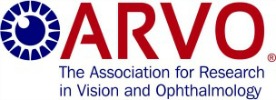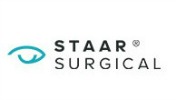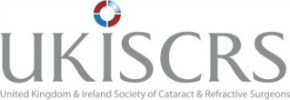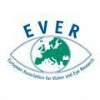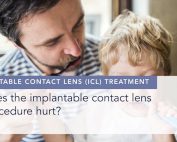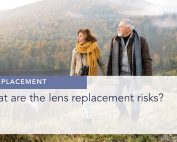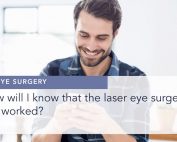For FAQs regarding Coronavirus please click here
Who can refractive cataract surgery help?
Can you see yourself below?
YOU’RE 56 PLUS

You experience clouded, blurred or dim vision. You might have increasing difficulty seeing at night, or notice that colours are fading or yellowing. If that describes you, you might have a cataract. I can help you see clearly again – and often remove your need for glasses or contact lenses at the same time.
Live a richer life without cataract, reading glasses or varifocals
Refractive cataract surgery is an excellent solution if you want a safe and effective treatment for your cataract, and correct your short-sightedness, long-sightedness, astigmatism and presbyopia
GAIN UNOBSTRUCTED VISION AT BOTH DISTANCE AND NEAR
Imagine getting your cataract removed and then seeing the whole of the world without the need for glasses or contact lenses. You’ll have a freedom that some patients call “life-changing”.
FEEL RELIEF, CONFIDENCE AND CONVENIENCE
You don’t have to wait. Most patients say they wish they’d done it sooner. You may feel more confident and will certainly experience more convenience.
IMAGINE AN AVERAGE DAY WITHOUT BLURRINESS OR HAZY VISION
Awaken ready to read the morning headlines on your mobile or tablet. Take a shower without the blurriness. Work and exercise without glasses or the dryness of contact lenses. See the world in bright and vivid colour. Stop the constant need to put your glasses on and off. Don’t worry about where you’ve left your readers or needing to keep half a dozen pairs around the house.
REDISCOVER WHAT ONCE BROUGHT YOU JOY
Many people with cataracts fail to notice how their lives begin to shrink as they stop doing things they most want to do. After refractive cataract surgery, you can re-engage with the activities and people that bring happiness to your life.
DON’T ACCEPT LIMITATIONS
You might feel as fit as you did in your 40s and 50s, so there’s no reason why your eyes shouldn’t be able to keep up. These days, we’re living active lives well into our 60s and 70s – why allow cataracts or glasses to get in the way?
Affiliations and memberships
I am proud to be associated with these organisations as a member or consultant
Supplementary information about refractive cataract surgery
In my expert hands, you certainly don’t need to know all of the information I’ve included in the toggles below. If you’d like to know how it all works, however, open them and learn more.
Take the first step
Find out if your eyes are suitable for vision correction
How it works
Enjoy a life free from glasses and contact lenses in 3 easy steps
STEP 1 – CALL
STEP 2 – MEET
STEP 3 – ENJOY

TALK TO US
Give us a call on 020 3808 7758 and we’ll help guide you towards a first appointment.

MEET YOUR SURGEON
I’ll see you before treatment to ensure you’re a good candidate and treat you at one of my Harley Street London facilities.

ENJOY A RICHER LIFE
I’ll supervise your aftercare as you begin to experience a life free of glasses and contact lenses.
Even more information about refractive cataract surgery
I frequently write articles and publish videos to answer people’s most common questions and keep them updated on the latest developments in vision correction. Find out more below…
Laser eye surgery v. lens surgery: Which is better if you wear reading glasses?
What type of corrective eye surgery is better for reading glasses? Learn more about lens surgery vs laser eye surgery for reading glasses here.
Does the implantable contact lens procedure hurt?
Does implantable contact lens treatment hurt? We asked Alex Shortt to speak about the implantable contact lens procedure in regards to pain. Find out more ..
What are the lens replacement risks?
We asked Alex Shortt about the lens replacement risks. He speaks about what can happen after the treatment. Find out more ...
How will I know that the laser eye surgery has worked?
How will I know that the laser eye surgery has worked?
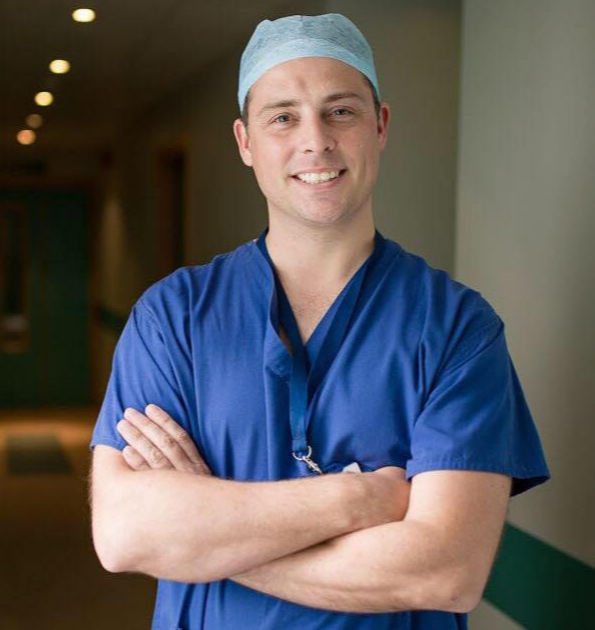
About the author
Mr Alex J. Shortt | Consultant Ophthalmic Surgeon
MB BCh MSc PhD FRCOphth PGDipCatRef
I’m Alex Shortt, a highly trained academic researcher and Consultant Ophthalmic Surgeon based in London’s famous Harley Street medical district. I trained and worked as a consultant for 14 years at London’s Moorfields Eye Hospital. I specialise in advanced technologies for correcting vision, including cataract surgery, implantable contact lenses and laser vision correction.



